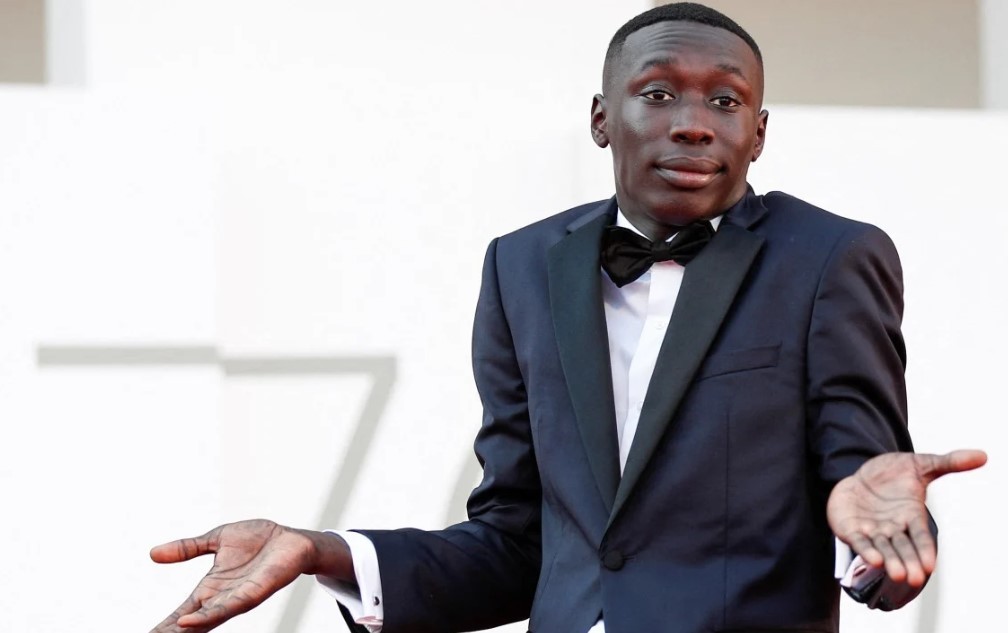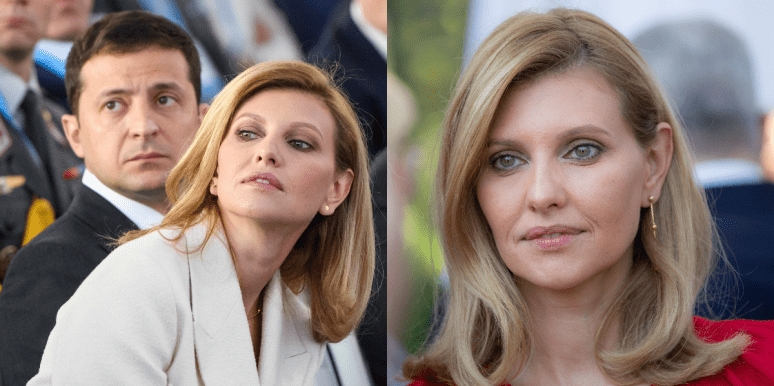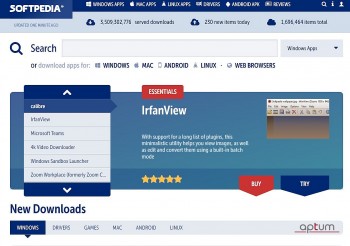List of Wealthy Countries That Get Foreign Aid from U.K
Foreign aid is an essential tool for international diplomacy, economic stability, and humanitarian assistance. However, the decision by Britain to send millions in foreign aid to some of the world's richest nations has sparked debate.
Among these countries is India, which now boasts an economy larger than the UK’s, yet it still receives UK taxpayer funds. Alongside India, Brazil, Turkey, Indonesia, and Bangladesh are also on the list of beneficiaries, despite their significant economic standings. This raises questions about the purpose, efficiency, and fairness of the UK’s Official Development Assistance (ODA) budget.
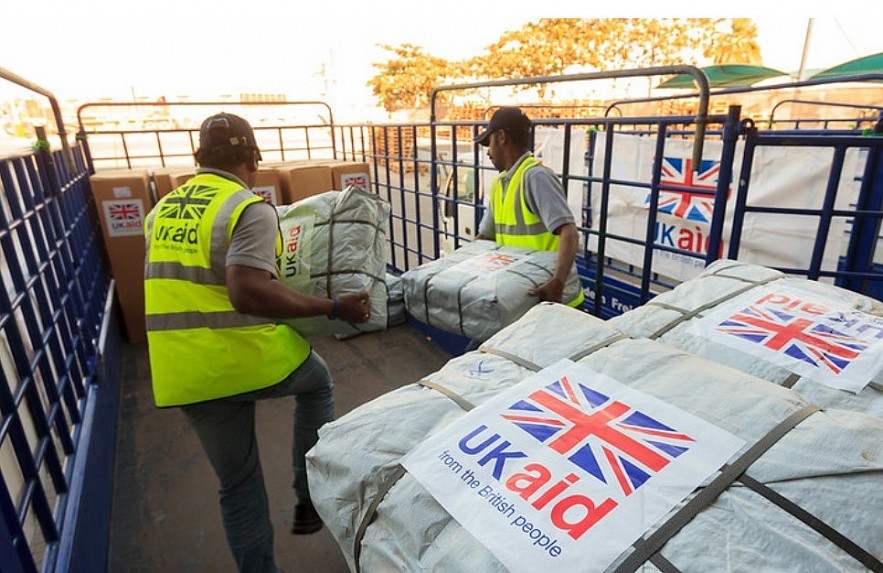 |
| UK Aid |
The Economics of Foreign Aid
The UK has allocated a substantial £13.3 billion in aid for 2024/25, which will increase to £13.7 billion in 2025/26 under the Labour Government. The stated goal of ODA spending is to alleviate global poverty and promote sustainable development, as emphasized by Minister of State for Development, Anneliese Dodds. However, the inclusion of wealthy nations in the aid budget has led to criticism and concerns over the allocation of taxpayer money.
India: A Global Economic Powerhouse Still Receiving Aid
India, the wealthiest recipient of UK foreign aid, has a GDP ranking fifth globally, surpassing Britain, which is in sixth place. With an economy worth over $3.7 trillion and a burgeoning technological sector, India has demonstrated remarkable growth in recent decades. It also boasts a highly ambitious space program, evidenced by successful lunar and interplanetary missions. Despite this, the UK has allocated £2 million in aid to India for 2024/25.
The justification for continuing aid to India often lies in targeted poverty alleviation programs and collaborative developmental projects. While India’s urban centers thrive, significant economic disparities exist between different regions, with millions still living in poverty. Supporters argue that UK aid helps fund educational initiatives, healthcare programs, and rural development efforts. However, critics contend that a nation with the resources to launch satellites and develop advanced military capabilities should be self-sufficient in addressing its poverty issues.
Brazil: South America’s Richest Nation Receiving UK Aid
Brazil, the largest and most prosperous country in South America, also finds itself on the list of UK aid recipients. However, its allocated amount is relatively modest at £87,000. Brazil, with a diverse economy driven by agriculture, manufacturing, and services, has a GDP exceeding $2 trillion. The country has also invested heavily in renewable energy and infrastructure, making the aid it receives seem somewhat inconsequential in comparison to its economic power.
Unlike India, Brazil’s aid allocation is minimal, but its inclusion still raises questions about whether UK foreign aid is strategically placed where it is most needed. The low amount suggests that UK assistance is likely targeted at specific projects rather than broader economic support.
 Top 20+ Little-Known Facts About Brazil Top 20+ Little-Known Facts About Brazil |
Turkey: A NATO Member and Holiday Destination Receiving Millions
Turkey, a European nation and a member of NATO, is another surprising recipient of UK aid. The country is allocated nearly £19 million in ODA, despite its strong economy, strategic geopolitical position, and advanced military capabilities. Turkey has significantly outpaced the UK in military expansion, particularly in its air force, boasting nearly double the number of fighter jets compared to the RAF.
The UK government justifies its financial contributions to Turkey through programs supporting refugees, infrastructure development, and regional stability. Given Turkey’s role as a key player in managing migration from conflict zones such as Syria, the UK’s aid might be viewed as an investment in broader regional stability. Nonetheless, critics argue that a country with such military and economic prowess should be capable of financing these efforts independently.
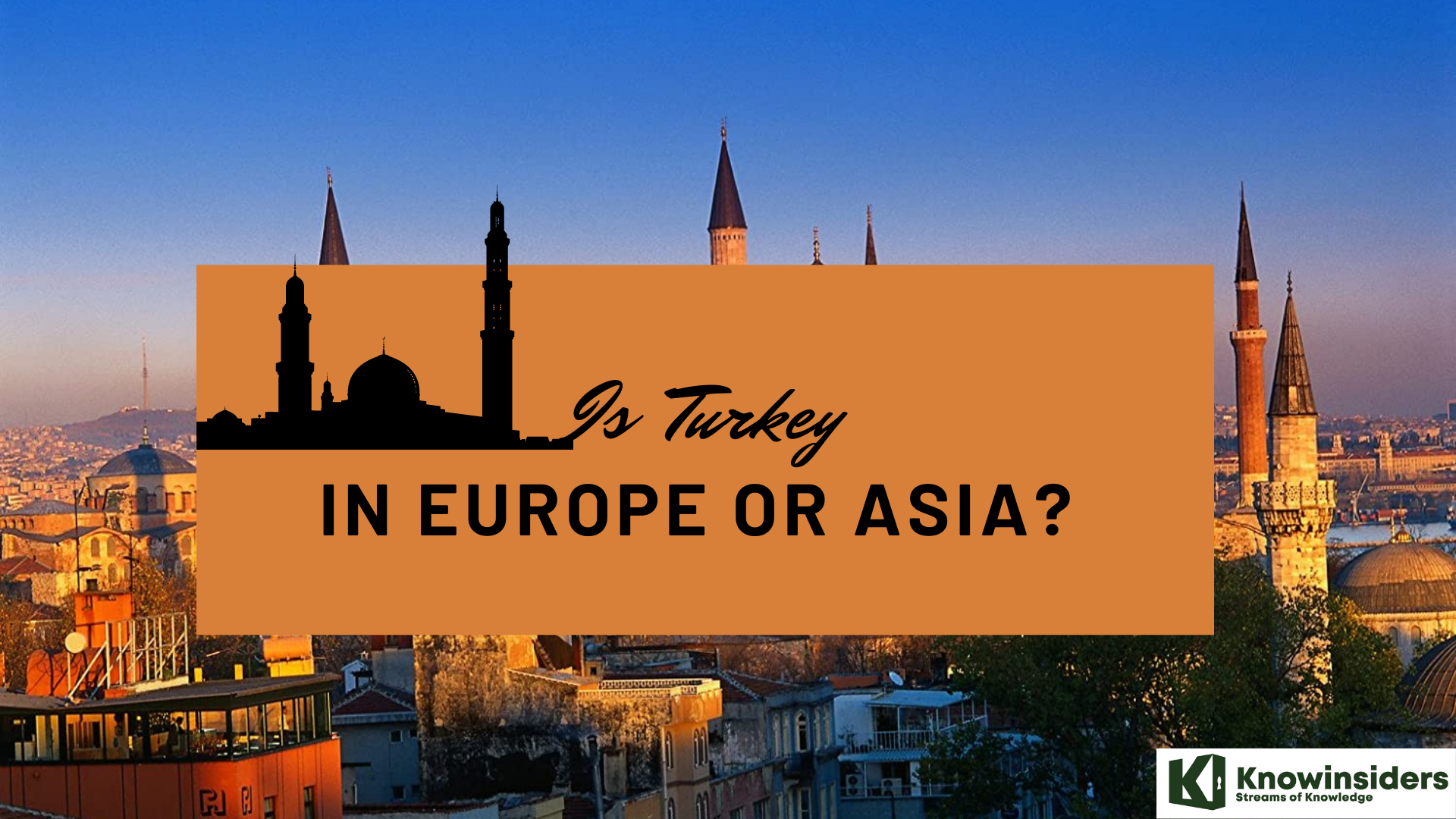 Is Turkey In Europe Or Asia: A Transcontinental Country Is Turkey In Europe Or Asia: A Transcontinental Country |
Indonesia: Wealthier Than the Netherlands and Switzerland but Still Receiving Aid
Indonesia, an emerging economic force in Southeast Asia, has been allocated nearly £45 million in UK aid. With a GDP ranking higher than the Netherlands and Switzerland, Indonesia has made impressive strides in economic development. The country is rich in natural resources, has a growing digital economy, and is home to over 270 million people, making it a key player in the global economy.
Despite its economic strength, Indonesia faces significant challenges in terms of income inequality, infrastructure deficits, and environmental sustainability. UK aid is often directed towards programs focused on poverty reduction, climate resilience, and disaster relief efforts. While these areas warrant attention, some argue that Indonesia’s government should assume greater responsibility for addressing these issues without relying on external aid.
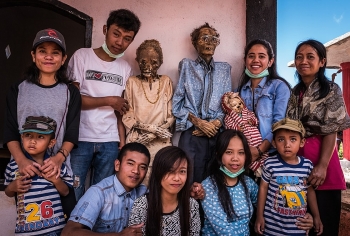 9 Bizarre Things In Indonesia You Should Try 9 Bizarre Things In Indonesia You Should Try |
Bangladesh: A More Justifiable Case for Aid
Among the top five wealthiest aid recipients, Bangladesh arguably has the strongest case for continued UK assistance. Despite impressive economic growth in recent years, with a thriving garment industry and a GDP rising steadily, Bangladesh still struggles with high poverty rates. Approximately 18% of its population lives below the poverty line, and the average monthly wage is less than £180.
With £61 million allocated in UK aid, Bangladesh remains a critical focus for development initiatives, including education, healthcare, and infrastructure improvements. The country also faces significant environmental challenges, such as flooding and climate-related disasters, which make foreign assistance vital for disaster preparedness and mitigation.
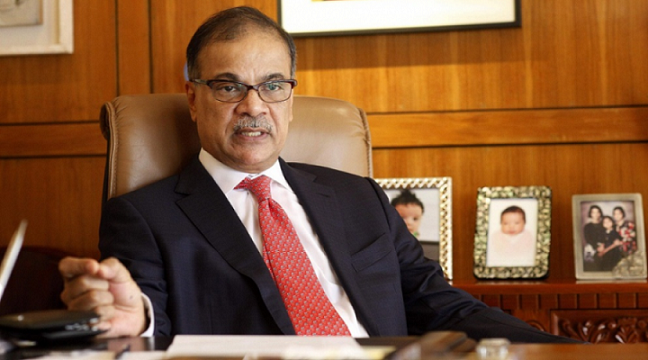 Who is Muhammed Aziz Khan - Richest Person in Bangladesh: Biography, Personal Life And Net Worth Who is Muhammed Aziz Khan - Richest Person in Bangladesh: Biography, Personal Life And Net Worth |
The Broader Debate: Should Britain Continue Sending Aid to Wealthy Nations?
The issue of UK foreign aid to economically strong nations is divisive. Proponents argue that aid is not solely about GDP figures; rather, it is about addressing specific developmental gaps, supporting democratic institutions, and fostering international cooperation. They emphasize that wealth within a nation is not always evenly distributed and that targeted aid can make a significant difference in marginalized communities.
However, opponents argue that UK aid should be reserved for countries with the greatest need rather than those with substantial economic and military capabilities. The fact that nations like India, Turkey, and Indonesia continue to receive millions from Britain while having the resources to invest in space programs, defense, and infrastructure fuels skepticism about the effectiveness of UK aid distribution.
Conclusion
The UK’s decision to provide foreign aid to some of the world’s wealthiest nations has raised pressing questions about the fairness and strategic intent of its ODA budget. While some of these funds are allocated for targeted development projects, the perception that the UK is sending millions to nations that seemingly do not need it has led to considerable public debate. The Labour Government must navigate this controversy carefully, ensuring that aid is effectively utilized and genuinely benefits those who need it most. As Britain continues to allocate billions in foreign assistance, a reassessment of priorities may be necessary to balance international responsibility with domestic economic concerns.



